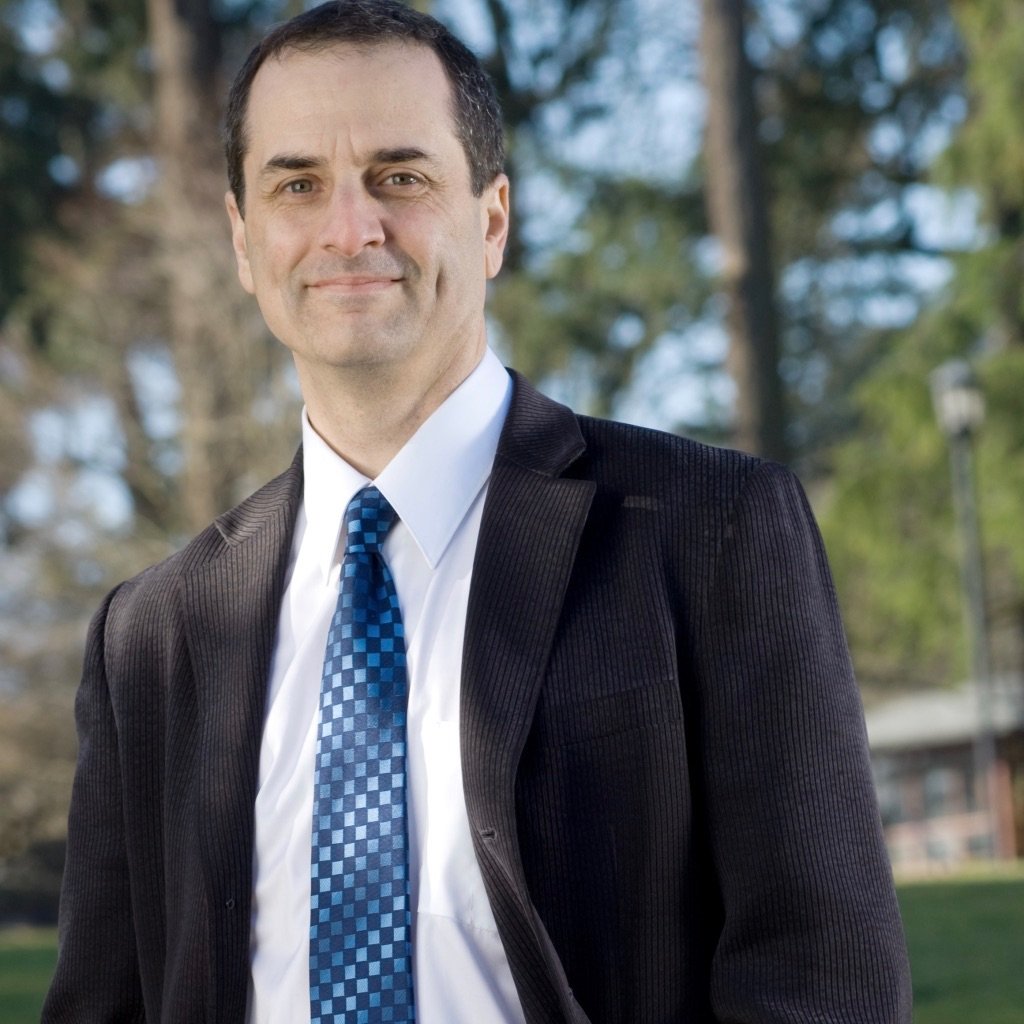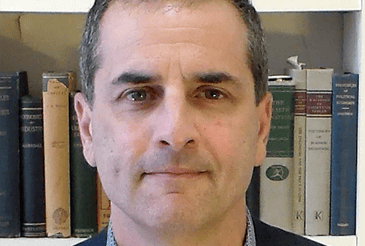Bard Grad Programs in Sustainability Lead Global Climate Teach-In

Next March 30, over 1,000 colleges, universities, high school and middle schools, and faith communities, and over half a million students and community members will gather for serious dialogue about climate solutions and justice.
Or so goes the vision of the WorldWide Teach-in on Climate and Justice, based out of the Graduate Programs in Sustainability (GPS) at Bard College in New York.
“We have a window of time to change the future” says Project Co-Director Dr. David Blockstein. “The purpose of the teach-in is to engage students with realistic optimism and a strong sense of agency: what they do in the next year, five years, fifteen years—will have a profound impact on the world for generations to come”.
The Teach-In seeks to mobilize climate-concerned faculty, staff and students worldwide, with a concrete agenda for how to organize a powerful three-hour event on their campus. The idea is to move beyond the 30 or so students who would typically show up for a climate event, and instead engage hundreds of students on each campus. The key to success: make the event a real “teach-in”, focused on back and forth discussion, rather than top-down information delivery.
By Mid-October, close to 100 schools across the planet had already planted a flag on the interactive registration map, indicating their intent to host a teach-in. CEP graduate student and project outreach associate, Vy Nguyen is optimistic the project will reach their goals. “Across the world, people are worried, frightened about accelerating climate impacts”, she said. “Educators and students understand that now, we really need to bring our communities together to focus on solutions”.
Each teach-in will end in an hour-long discussion about community action to stabilize the climate. Students can have an impact as voters, volunteers, and through their career choice. To address climate change requires rewiring the world with clean energy, reimagining the global food system, redesigning cities across the earth. Doing that will be the work of artists and engineers, scientists and sociologists, solar installers and political leaders. In the coming decade, any work can be climate solutions work.
On the first Earth Day fifty years ago, twenty million Americans turned out to support environmental action. Now, says CEP Director Dr. Eban Goodstein, time is short. “We need to focus the world next March 30 on stopping global warming. Everyone knows a climate-concerned teacher or a student. Tell them to join the WorldWide Teach-In on Climate and Justice”.
To learn more, and join one of the information sessions, visit www.worldwideteachin.org.
The Teach-In is a project of GPS at Bard College in conjunction with global partners including Universidad de Los Andes, Waterloo University, the Association of Pacific Rim Universities, and the Central European University, with support from the Open Society University Network.




